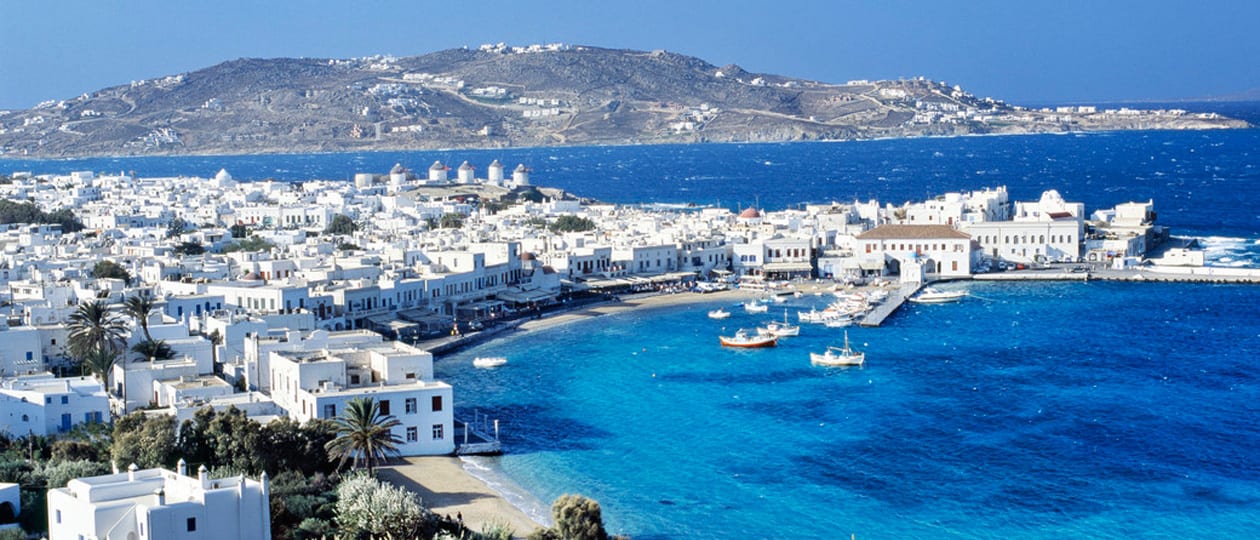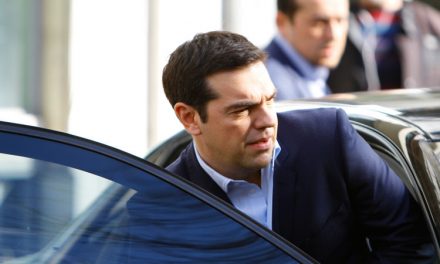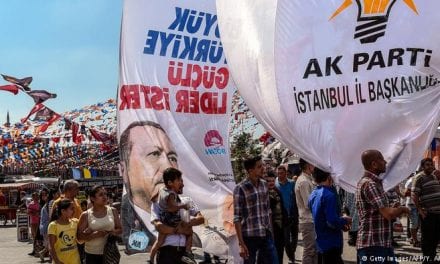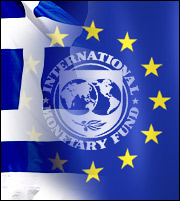MYKONOS, Greece — It may be a Greek island, but Mykonos is not Greece.
Elsewhere in the country, the crisis is far from over — youth unemployment hovers at around 50 percent, and many in the middle classes struggle to survive on salaries of around €400 a month. On Mykonos’ Nammos beach, a middle-aged man’s large ass hovers into view.
The man (Russian, I’d guess) is wearing swimming trunks that are designer label (and regrettably tight). Then the ass begins to move; it jiggles left and right to the beat of house music being blasted out of speakers along the beach. All around me, staff are taking away the sun loungers that pack the beach, getting ready for the festivities to come to this playground for the rich and famous.
* * *
Mykonos was named after its first ruler, Mykons, who, according to Greek mythology, was a descendant of the god Apollo. The island is also said to have been the site of a great battle between Zeus and the Titans, in which the thunder god’s son Heracles killed his father’s enemies, left the Titans vanquished and the gods all-powerful.
Today the island sees action of a very different kind.
I notice that there are a suspiciously large number of attractive women around me — many with significantly older men.
It’s awash with Hollywood stars, Russian minigarchs and rich Greeks — the Syrizastocracy — who party and spend obscene amounts of money.
St. Tropez is so over, popular only with washed-up stars like Joan Collins and Ivana Trump. And who wants to see them? In Mykonos, you can spot Kim Kardashian and Usain Bolt and an entire catwalk of Victoria’s Secret models — and the Eurotrash hoping to sleep with them.
A rich relative invites me to accompany him to the island for a holiday. The house he has rented costs €600 a night. It’s a bargain. A decent (not great) hotel here will set you back at least €1,000 per night. The house overlooks the center of the main town, known as Chora (“The town” in Greek). It’s a winding maze of bleached white buildings and small, snaking streets with tiny shops that sell a mix of tourist tat and designer clothing.
The first morning begins with a drive to the beach on quad bikes. We soon pass two of Mykonos’ famous windmills (there are 16 in total). Built by the Venetians to mill flour, they once provided a significant portion of the islanders’ income. The quad bikes roar along, shaking in the wind (Mykonos’ nickname is “The island of the winds”). It’s so hot — over 40 degrees Celsius — that patches of tarmac on the roads have melted.
The streets are filled with cars. Mykonos has a population of just over 10,000, but it’s August and the hordes have arrived, ready for riotous — and riotously expensive — hedonism.
Arriving at Nammos beach, we are greeted by two beautiful Greek women in matching black bikinis. They will organize our sun loungers for us. We need three: the price is €180.
The sun loungers are packed in tight. It feels like a luxury battery-farm. Waiters patrol the area, serving everything from soft drinks to elaborate cocktails.
Nearby are the “luxury” loungers, which look like four-poster beds. Almost each one has an ice-bucket with a bottle of Moët champagne in it. Denied the possibility of setting up a VIP section on the beach, the powers-that-be have clearly decided to set up a hierarchy in whatever way they can.
Next to the pathways down which the waiters walk are boxes filled with empty champagne bottles. The rumor is that last year the main bar here sold 35,000 bottles of champagne at €1,000 each. That’s €35,000,000 from champagne alone. My Greek relative tells me that much of the building here is illegal but it doesn’t bother the owners of the bars and restaurants. “All they do,” he says “is pay a fine each week — say between €1,000-€3,000, which is nothing compared to the profits they are raking in.”
At this point, I notice that there are a suspiciously large number of attractive women around me — many with significantly older men. “Prostitutes,” my relative tells me, matter of factly.
It’s sunset. The music starts up and it’s time to leave — to sample the very best nightlife that Mykonos has to offer.
* * *
The bar and restaurant we choose is packed with overdressed men and underdressed women. We meet up with some friends from London and have booked a large table for dinner. An actor from the TV series “Prison Break” has been spotted and is being made to take selfies with the awe-struck clientele. Dinner is lobster and pasta and a large helping of lamb.
But that is not enough for some of the customers. I get chatting to one, James*, who is after something a little “extra.” I ask if I can come along to observe. A phone called is made to George* on the recommendation of Derek*. George can meet James in ten minutes and says he will be wearing a white T-shirt and baseball cap. We spy George, one foot up against his car, like the Fonz. His baseball cap is cocked at a 45-degree angle. “Subtle,” says James.
Back in Athens, the hordes of homeless will be settling in for the night. Not here, on this most un-Greek of Greek islands.
James and George prepare to make the deal, at which point some tourists walk past and ask directions to a local hotspot. George begins to give them detailed instructions. “Er … can we hurry this along?” James says. Eventually, it happens. “€140 for a gram,” he snorts in disgust. “It’s €60 on the mainland.”
Back inside the restaurant, I return to the table while James disappears. Later I find out he is not alone in his choice of post-dinner drug. A visit to the toilet cubicle reveals a film of white power on the top of the lavatory. I trace my little finger across it. It turns completely white.
The restaurant has now morphed into a nightclub and I cannot help but think of the African hawkers who spend 12 hours a day walking the beaches in the searing heat in mostly futile efforts to sell their wares. Back in Athens, the hordes of homeless will be settling in for the night. Not here, on this most un-Greek of Greek islands.
*Names have been changed.
David Patrikarakos is a contributing writer at POLITICO



















